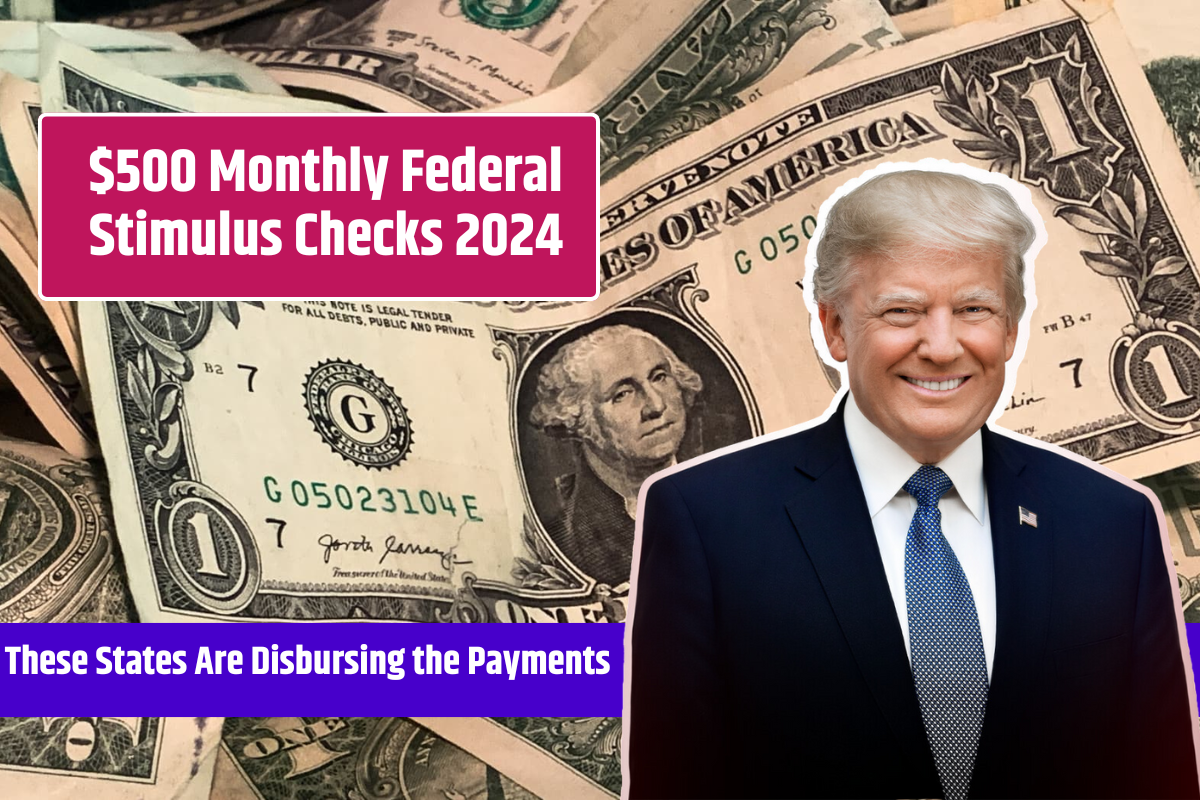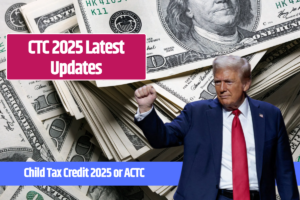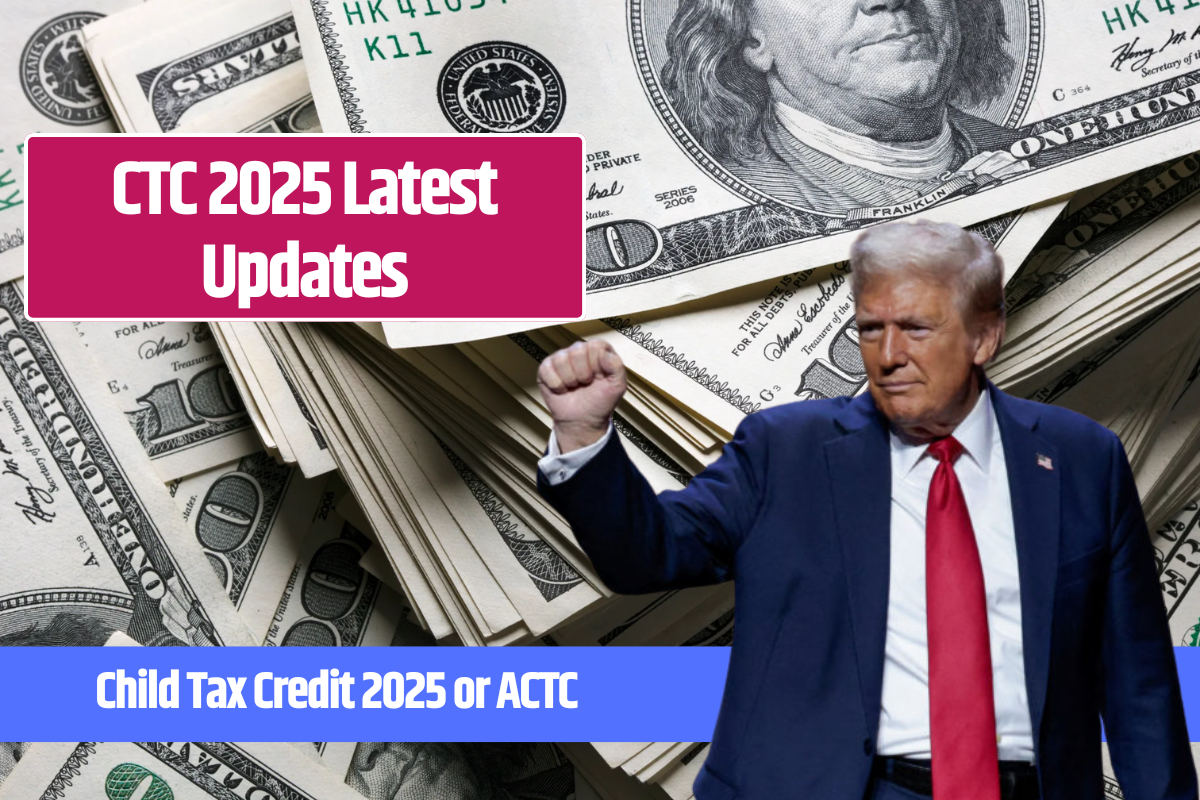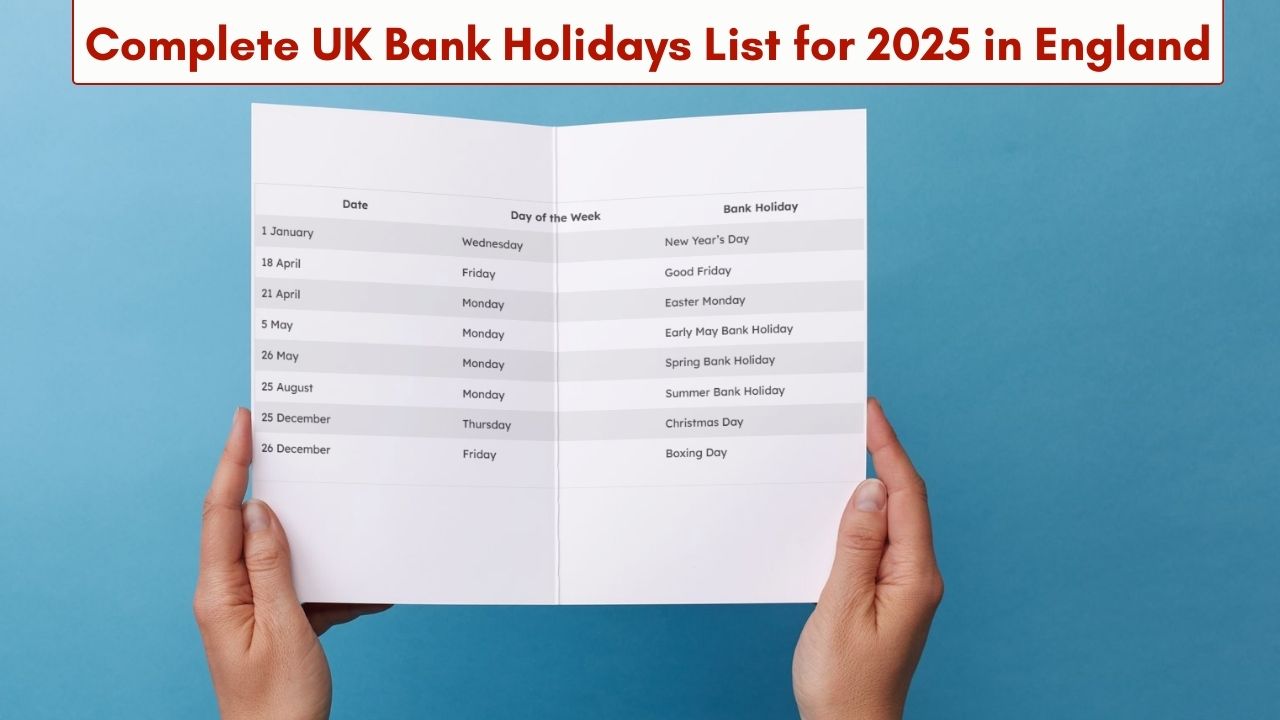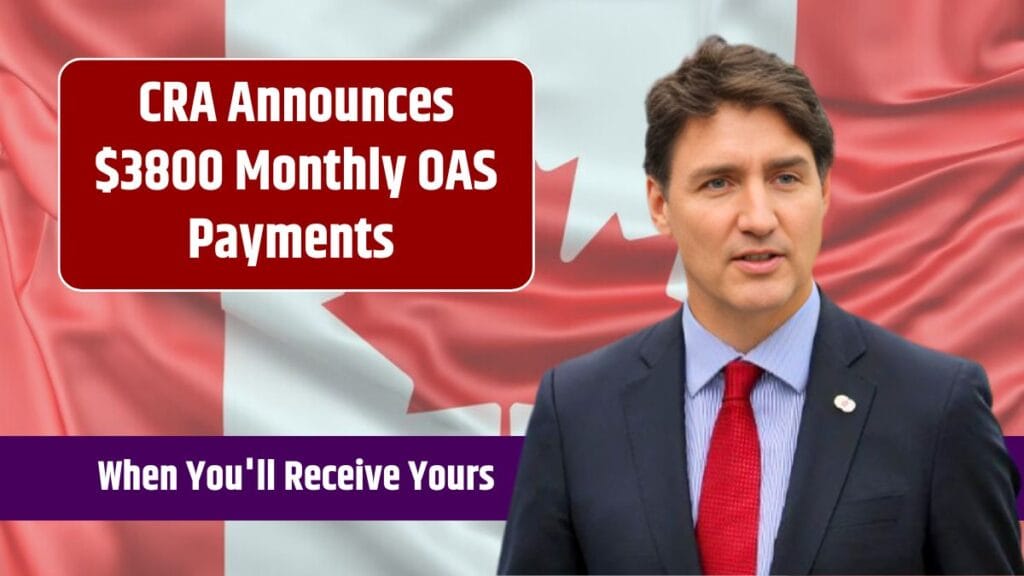As the economic effects of the COVID-19 epidemic continue to strain many American families, some states have created unique stimulus programs aimed at providing low-income households with monthly financial support.
These projects provide considerable financial assistance, usually approximately $500 per month, to help reduce the persistent financial problems that many people confront. This ongoing financial assistance strives to give more than simply immediate comfort; it wants to provide the groundwork for long-term economic stability and progress.
By focusing on particular populations such as low-income families, entrepreneurs, and young parents, these programs address the unique difficulties that exist in each community, ensuring that the aid offered is both effective and relevant.
Nationwide Launch of Monthly Stimulus Checks to Bolster Economic Recovery
These organizations seek to offer a constant financial safety net rather than episodic aid, recognizing that the economic consequences of the epidemic remain severe and that more long-term solutions are required to assist those most impacted.
California Implements Diverse Financial Aid Initiatives
This section describes the efforts in California, which demonstrate the state’s comprehensive approach to financial aid:
- Long Beach Pledge Program: This program is set to begin in 2024 and will provide $500 monthly to 200 qualifying low-income families with children. The aim is to help these families manage better financially for a year, potentially leading to greater economic stability.
- Elevate MV in Mountain View: Starting in December 2022 and running through December 2024, this program targets low-income parents, supporting them with $500 monthly to alleviate their economic pressures.
- Sonoma County’s Pathway to Income Equity: Scheduled to start in January 2023, this program will offer $500 monthly to 305 families until January 2025, aiming to stabilize and improve their economic conditions over two years.
Each California initiative targets distinct areas and demographics, reflecting the state’s approach to addressing economic difficulties from numerous angles.
Michigan Focuses on Entrepreneurs and Maternal Health
Michigan’s section highlights two specialized programs:
- Ann Arbor’s Guaranteed Income to Grow: This program provides financial assistance to low-income entrepreneurs, particularly small business owners, helping to sustain their businesses and, by extension, the local economy. It offers $528 monthly to about 100 individuals from 2024 to 2025.
- Flint’s Rx Kids for New Mothers: This program targets new and expectant mothers and offers significant initial support, followed by monthly payments. It recognizes the critical importance of financial security in the early stages of parenthood.
These programs address specific community needs, supporting economic growth and maternal health.
New Mexico’s Targeted Support for Young Parents in Education
Learn, Earn, Achieve Program in Santa Fe: This curriculum is particularly designed to meet the requirements of young parents attending Santa Fe Community College. Recognizing the simultaneous responsibilities of parenthood and school, the initiative offers $400 per month to 98 participants.
This financial assistance, which runs from January 2024 to spring 2025, intends to remove financial hurdles that might otherwise prevent these parents from finishing their study. By doing so, the program promotes individual family stability while also contributing to larger social advantages such as higher educational achievement.
New York’s Comprehensive Approach to Supporting Low-Income Mothers
New York City’s Bridge Project: This permanent initiative started in June 2021 and focuses on low-income moms, who are often at danger of economic instability. It pays $1,000 a month to 1,200 members and offers other health and development programs.
This comprehensive strategy extends beyond financial support to include features that promote long-term health and well-being for mothers and children. The Bridge Project exemplifies how broad, integrated support networks may increase the effect of financial help, resulting in long-term benefits in the lives of recipients.
Washington’s Initiative for Growing Resilience Among Low-Income Households
Growing Resilience in Tacoma: In response to persistent economic uncertainty, this program grants up to $500 per month to low-income families. The project, which will run until June 2025, intends to offer a stable income supplement to assist families manage their daily costs and deal with financial stress.
By providing constant financial assistance, the program aims to stabilize homes, building a feeling of stability and resilience among members. This campaign is part of a larger effort in Washington state to reduce income disparities and promote economic equality.
Also See: IRS Child Tax Credit $300 Payment 2024, Should you expect it anytime soon?
